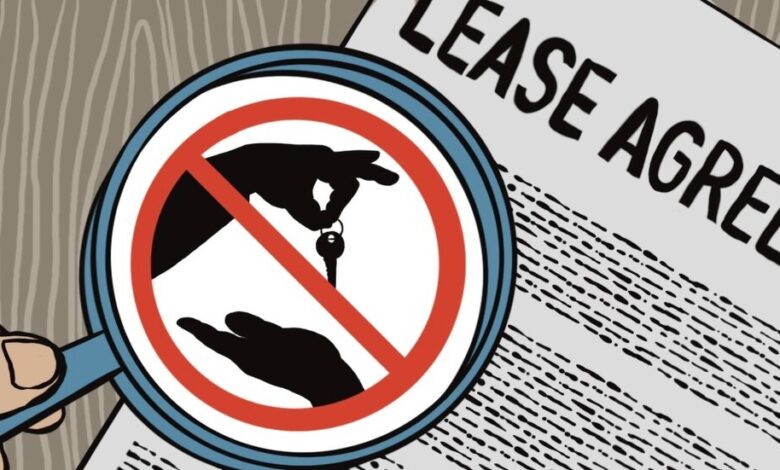Can You Sublet Your Rent-Stabilized Apartment?

[ad_1]
Q: I live in a rent-stabilized apartment in Brooklyn, and my lease is up for renewal. I plan to attend school outside the city and need to sublet my unit. But my lease contains a provision stating that “any form of subletting or assignment of my lease in this affordable housing program is strictly prohibited and unlawful.” My landlord has said that because of this clause (part of an “Attachment N-1: Pre-Lease Acknowledgment and Certification”), I don’t have the right to assign the lease to someone else or to sublet my unit. Is my landlord allowed to make this rule? What steps, if any, can I take to keep this apartment that I love?
A: Rent-stabilized tenants are legally allowed to request to sublet their apartments in most instances, and landlords cannot unreasonably withhold consent. Tenants must also follow the process described in the law, and the sublet period may not be longer than two years out of a four-year period.
Your N-1 lease rider appears to be in contradiction of the law, said David A. Kaminsky, who practices real estate law in Manhattan. However, be aware there are exceptions in the sublet law, including in public housing and “other units for which there are constitutional or statutory criteria covering admission thereto.”
There are other potential complications, starting with what is “reasonable” or “unreasonable.” Ultimately, it’s up to a judge. Your landlord could reasonably withhold consent, for example, if your prospective subtenant does not have enough income to cover rent.
Moreover, if you maintain a primary residence elsewhere, your landlord could terminate your tenancy in court; you might be stuck with your landlord’s attorney’s fees, depending on your lease terms.
The city’s Rent Guidelines Board tells rent-stabilized tenants that if they go away for college, they “may still be considered” primary residents. Courts make the ultimate determination, and can use factors such as the address on your tax returns, motor vehicle registrations, driver’s licenses, voting addresses and occupancy of a housing accommodation of less than 183 days in a year.
If you go ahead with a sublease and your landlord takes you to court, you could use unreasonable refusal as a defense. If that doesn’t work, you could probably cure this by moving back in, said Ami Shah, deputy director of Legal Services NYC’s Citywide Housing Practice. However, cases in which a tenant is found to have a primary residence elsewhere typically cannot be cured in this way.
For weekly email updates on residential real estate news, sign up here.
[ad_2]
Source link






